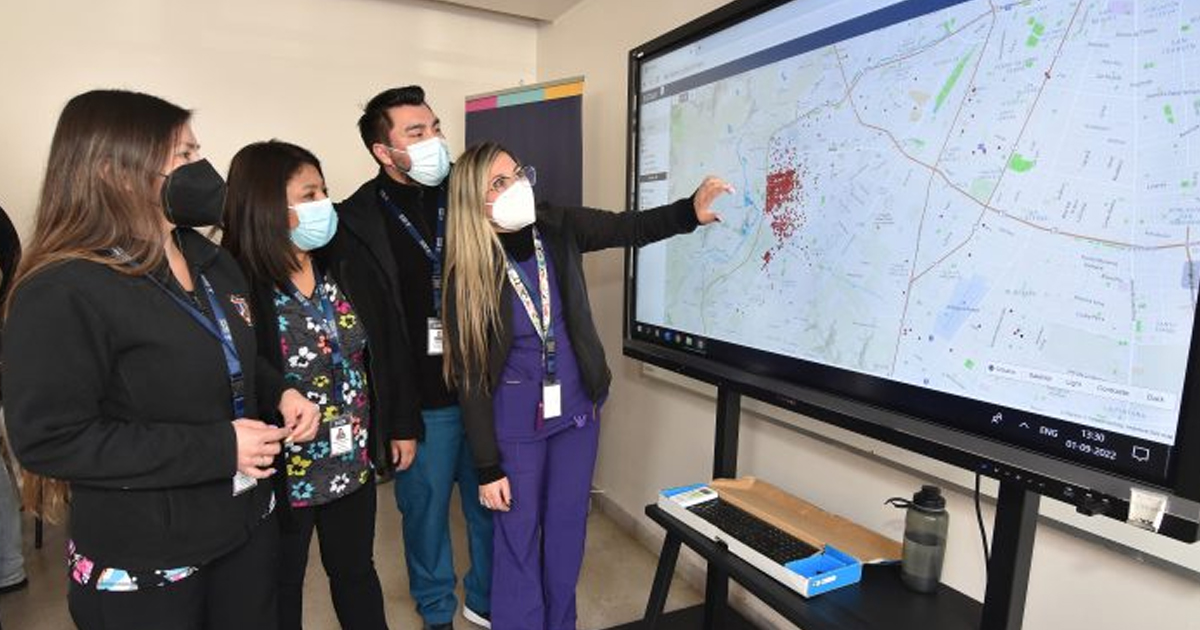Through big data, the researchers analyzed a database of more than 10,000 tumors of the 20 most frequent types of cancer, to achieve the objective of identifying the regulatory proteins that control the information of genomic alterations.
A specialized team from Columbia University in New York published the article: "A modular master regulator landscape controls cancer transcriptional identity," in which they were able to analyze genomic characteristics of 10,000 tumors of the 20 most recurrent cancers through data intelligence technology or big data.
The objective of the study was to identify the regulatory proteins responsible for channeling the information of the genomic alterations and later transforming them into the transcriptional identity of the cancer. "Integrative genomic analysis, using a network-based approach, identified 407 master regulator (MR) proteins responsible for canalizing the genetics of individual samples from 20 cohorts in The Cancer Genome Atlas (TCGA) into 112 transcriptionally distinct tumor subtypes," they mention in the article's abstract.

The findings reported in the article show the main characteristics that a specific cancer presents, which benefits the accuracy when making a patient's diagnosis. What the researchers call "transcriptional identity" is important when defining the characteristics of the tumor and its severity.
Álvaro Aytés, co-author of the study, expressed that the results obtained show the hierarchical control of the properties of each tumor and that the degree of activation of the 24 proteins defines the transcriptional identity, which benefits its therapeutic approach.
The information and the mathematical and computational models used for the development of the study have been made available to members of the scientific community through a web platform.






